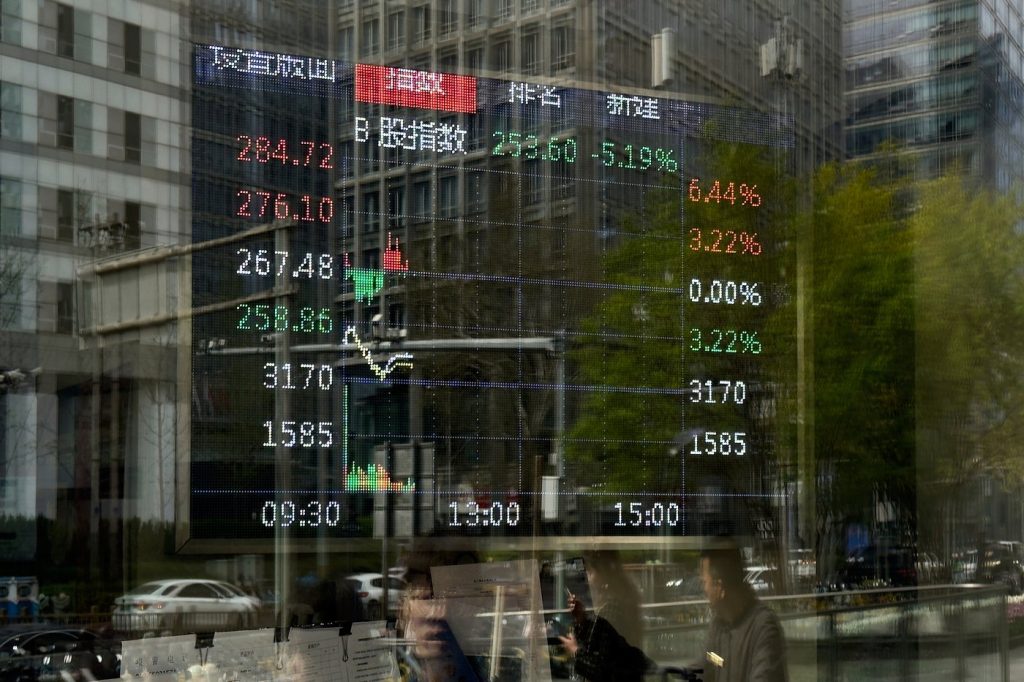BANGKOK (AP) – On Monday, China accused the United States of engaging in unilateralism, protectionism, and economic bullying through the imposition of tariffs. The Chinese government urged representatives of American companies, including Tesla, to "take concrete actions" to resolve these trade tensions.
According to Foreign Affairs spokesperson Lin Jian, prioritizing "America First" over international trade rules threatens the stability of global production and supply chains, which, in turn, poses serious risks to the world's economic recovery. This statement highlights Beijing's concerns regarding the impact of U.S. tariffs on both its economy and the global market.
Actions taken by former President Donald Trump last week included an additional 34% tariff on Chinese goods, dubbed "Liberation Day." This new tariff is layered on top of two previous rounds of 10% tariffs announced in February and March, which were justified by Trump as a response to Beijing's involvement in the fentanyl crisis. In retaliation, China swiftly matched the U.S. actions by imposing a 34% tariff on U.S. products, expressing its strong discontent.
Despite the U.S. tariffs, Beijing remained optimistic. The People's Daily, an official newspaper of the Communist Party, dismissed fears by stating that "the sky won't fall" even in light of the tariffs' effects. It emphasized that China possesses adequate strategies to combat the economic pressures inflicted by the United States.
In response to Trump's latest tariffs, China enacted a range of countermeasures last Friday. These included suspending imports of sorghum, poultry, and bonemeal from certain American companies, tightening export controls on rare earth minerals crucial for various technological applications, and initiating a lawsuit against the United States at the World Trade Organization (WTO).
As speculation grows regarding a potential meeting between Chinese leader Xi Jinping and Trump to negotiate a resolution, Lin Jian deflected inquiries about possible discussions, asserting that "pressure and threats are not the way to deal with China." He reiterated that China would firmly protect its legitimate rights and interests.
Over the weekend, Chinese officials held discussions with representatives from multiple American companies, including Tesla and GE Healthcare. During the meeting attended by 20 American firms, Ling Ji, a vice minister of Commerce, emphasized that the core issue of tariffs lies with the U.S. He encouraged American companies to address the root cause of the tariff disputes, make reasonable statements, and take tangible actions to help stabilize the global supply chain.
Ling Ji also reaffirmed China's commitment to remaining open to foreign investment, assuring that it is a safe environment for investment opportunities.
AP researcher Yu Bing contributed to this report from Beijing. The ongoing dynamics of U.S.-China trade relations remain critical, as both sides navigate the complexities of tariffs and economic policies impacting global markets.










